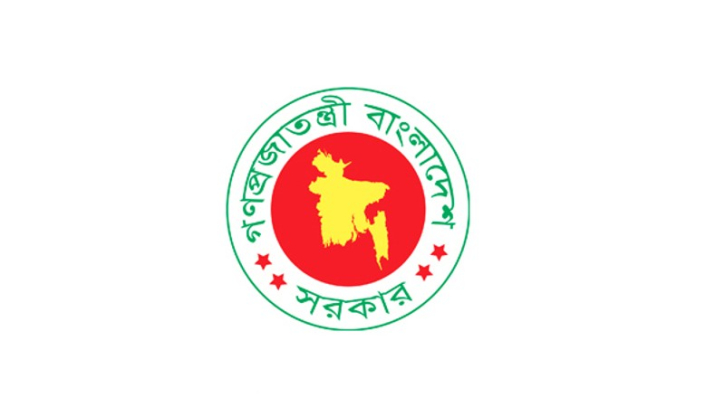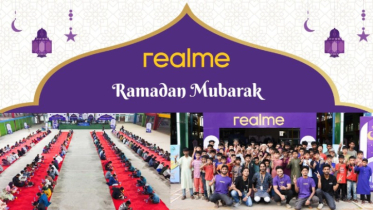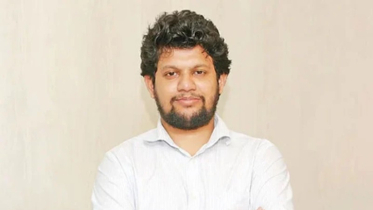
Govt to amend ICT act to widen definition
The government has taken steps to amend the International Crimes Tribunal Act, 1973, to expand the definition of crimes against humanity to include enforced disappearances and five other offences.
The five additional crimes include gender-based violence, sexual slavery, enforced prostitution, forced pregnancy, and enforced sterilisation, particularly when these five acts are committed as part of a widespread or systematic attack against a civilian population, or as part of systematic persecution on political, racial, ethnic, cultural, or religious grounds, regardless of whether they violate the domestic laws of the country where they are committed.
The proposed amendment was disclosed by the law ministry at an exchange of view meeting with legal experts, academicians, former judges, rights activists, journalists, several politicians and participants in the students-led uprising that led to the downfall of Sheikh Hasina on August 5.
Law adviser Asif Nazrul moderated the session, which included contributions from local government and rural development adviser Hassan Ariff, Public Works adviser Adilur Rahman Khan, and attorney general Md Asaduzzaman.
The law adviser stated that the draft amendment would be posted on the ministry’s website to invite public feedback before it is finalised.
The government also proposed an another amendment to the ICT Act, expanding liability for crimes to include leaders of organisations, associations, or organised groups who order, permit, acquiesce, or participate in the commission of crimes, with actual or constructive knowledge of their occurrence.
Another significant proposed amendment would allow the tribunal to ban political organisations for up to ten years if they are found to have committed, aided, abetted, or facilitated any of the defined crimes.
This ban would encompass all activities, including participation in elections, organising meetings or rallies, using media or digital platforms for propaganda, fundraising and conducting financial transactions, according to the proposed amendment.
The proposed amendment grants the tribunal discretion to reduce the ban period upon application by the organisation, provided it can demonstrate substantial reforms and adherence to international humanitarian law and human rights principles.
It further stipulates that any individual violating a ban imposed under this section would face penalties as determined by the tribunal.
Additionally, the amendments empower the tribunal to record and broadcast hearings or parts of them via the internet or other means, with safeguards to protect the privacy, safety, and dignity of participants.
The proposal also allows representatives from foreign governments, non-governmental organisations, and international bodies to attend public hearings, trials, and other proceedings, subject to prior approval and accreditation.
Moreover, the tribunal would be authorised to adopt technology-based procedures and admit evidence in digital formats, including data or information from electronic, optical, or computer memory, audio or video recordings, CCTV footage, drone data, cell phone records, and other digital devices.
Most participants at the views exchange meeting appreciated the government’s move to amend the act to enable the tribunal to try those involved in crimes during the student-led mass uprising that deposed then prime minister Sheikh Hasina who subsequently fled to India.
Some participants, however, expressed concern over the proposal to ban political parties for 10 years if found guilty of crimes against humanity. They argued that punishing an entire party for the actions of individual leaders was excessive.
Several participants stressed the importance of maintaining international standards in the trials to avoid the perception that the proceedings were targeted towards Sheikh Hasina, also the president of Awami League, and her associates.
Law adviser Asif Nazrul emphasised the government’s commitment to ensure fair justice acceptable to both the people of Bangladesh and the international community.
Commenting on the recent mass killings, he stated, ‘The older generation has been disturbingly complicit in killing the youths of this country. Despite the pain and frustration, it is crucial that these trials are perceived as just.’
Asif further noted that a prosecution and investigation team had already been formed to support the tribunal’s work, but the main challenge now was reconstituting the tribunal itself. He added that the reform of the International Crimes (Tribunals) Act, 1973, would be inclusive, incorporating inputs from experts across various fields.
Among those present at the meeting were Justice Division secretary Md Golam Rabbani, ICT chief prosecutor Md Tajul Islam, Dhaka University law professor Mahbubur Rahman, and lawyers ZI Khan Panna and Sara Hossain, alongside journalists and other legal experts.


























